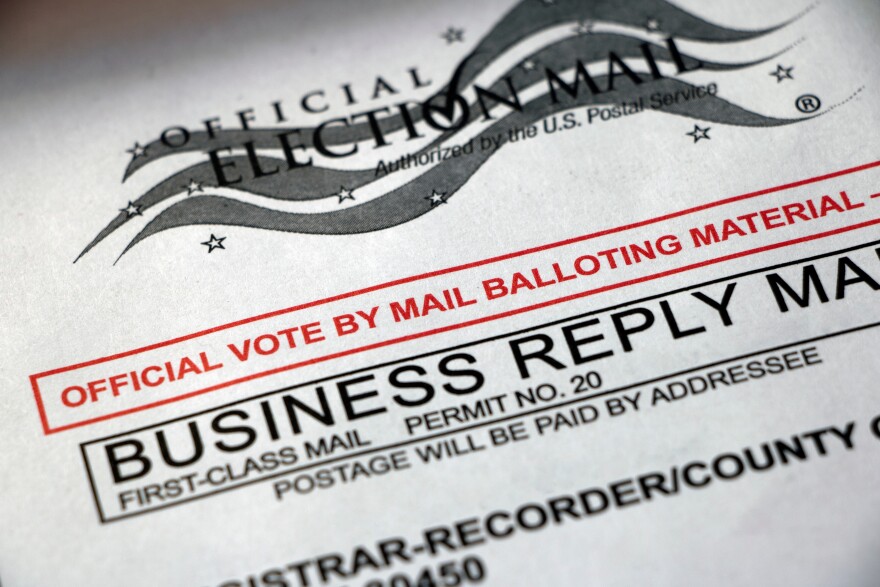Communities interested in ranked choice voting can try the method before committing to it thanks to a 2018 law establishing a pilot program.
Park City could opt in during a municipal election any time before Jan. 1, 2026.
The city is now asking residents for input before a possible voting change for the 2025 municipal election cycle.
Ranked choice voting involves ranking candidates according to preference instead of selecting one choice. In a single-office election like the mayoral election in Park City, any candidate who receives over 50% of votes during the first round wins. If no candidate receives over 50%, the candidate with the fewest votes is eliminated and votes for the eliminated candidate are reallocated to voters’ next choice. The process is repeated until a candidate wins over 50% of the votes.
The process for multi-seat elections like Park City Council is similar. The first candidate to have more than 50% of votes gets a seat and is removed from the ballot. Then a second round of scoring determines the second-place winner, and so on.
Park City Recorder Michelle Kellogg said the biggest benefit of ranked choice voting is there would be no primary. The election focus is then only two to three months instead of four to five.
“It saves the candidates time campaigning and going door to door. It saves them money because they're not having to pay for flyers and mailers for the primary election and then pay for it all over again in the general election,” Kellog said.
However, opponents argue campaigns would be more expensive and time-consuming because candidates are trying to appeal to broad audiences. But Kellogg said most of the increased cost would be for the city. The city would have to spend time and money to make sure the public is educated on how ranked choice voting works. She said ballots would also be longer, increasing postage costs.
“Salt Lake City said they had a definite cost increase when they switched to rank choice voting,” Kellog said.
It’s unclear how costs even out once education expenses are no longer needed.
Kellog said since candidates in a ranked choice election hope to be a second or third choice if they aren’t the first choice, they will appeal to broader audiences. She said that could lead to more positive and issue-focused campaigns.
The voting system also helps ensure the winning candidate has majority support, and prevents vote splitting, where similar candidates divide a large portion of votes, leading to a less preferred candidate winning. Ranked choice voting also prevents the spoiler effect, where a voter prefers candidate C, but votes for A or B because C doesn’t have a good chance of winning.
Kellogg said the biggest drawback of ranked choice voting is its complexity.
“The voting itself is not confusing because you're just ranking the candidate,” she said. “But it's trying to figure out how they are tallied is what is confusing.”
Locals can give ranked choice voting a try here by voting for their top three favorite Park City neighborhoods. After trying it out, residents can give feedback on whether Park City should implement ranked choice voting for 2025 elections.


